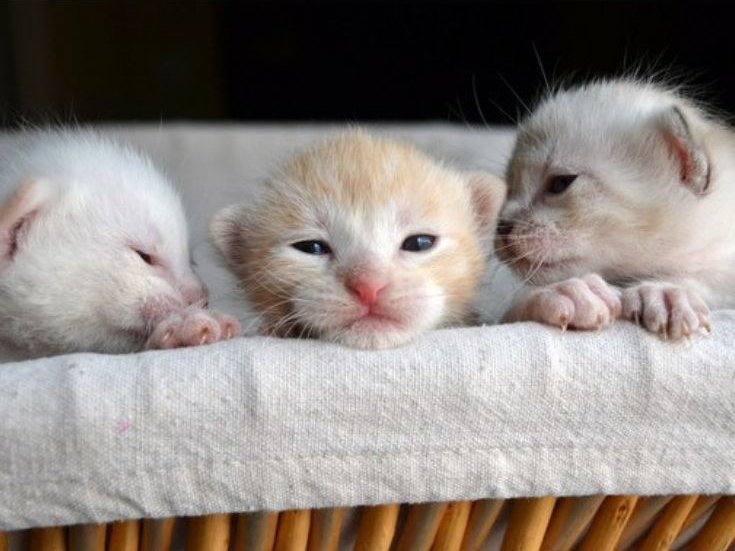Welcoming a litter of newborn kittens into your life can be both heartwarming and overwhelming. Whether your cat has just given birth or you’re fostering orphaned kittens, understanding their delicate needs is critical. Newborn kittens require specialized care, especially in their first few weeks of life. In this guide, we’ll walk you through the essentials of feeding, warmth, hygiene, and development — so you can give these tiny lives the best possible start.
The First 24 Hours Are Crucial
In the wild or under natural conditions, a mother cat (queen) will nurse and clean her kittens from birth. If she is present and healthy, let her do her job while you monitor for any signs of distress or rejection. Orphaned kittens, however, will need round-the-clock support during this critical period.
Keep Them Warm
Newborn kittens cannot regulate their body temperature. Their environment should be kept warm and draft-free. Aim for:
85–90°F (29–32°C) during the first week
80°F (27°C) in the second and third weeks
Use heating pads, warm water bottles (wrapped in towels), or heat lamps — always with a safe barrier to prevent burns.
Feeding the Right Way
Kittens must eat every 2–3 hours for the first two weeks. If the mother is absent, you’ll need to:
Use kitten-specific formula (never cow’s milk)
Feed with a kitten bottle or syringe
Warm the formula to body temperature
By week 4, you can begin introducing a gruel of wet kitten food and formula. Clean all bottles thoroughly after every use to prevent bacteria buildup.
Final Thoughts
Caring for newborn kittens is a rewarding but delicate task that requires time, patience, and knowledge. From ensuring warmth to meeting feeding schedules and monitoring growth, your attentiveness in these early weeks lays the foundation for healthy, happy adult cats. If you’re unsure or need help, don’t hesitate to reach out to your vet or a local rescue for guidance.
Learn More
For more detailed resources on kitten care, visit the Petniq.com or talk to a licensed veterinarian near you.
